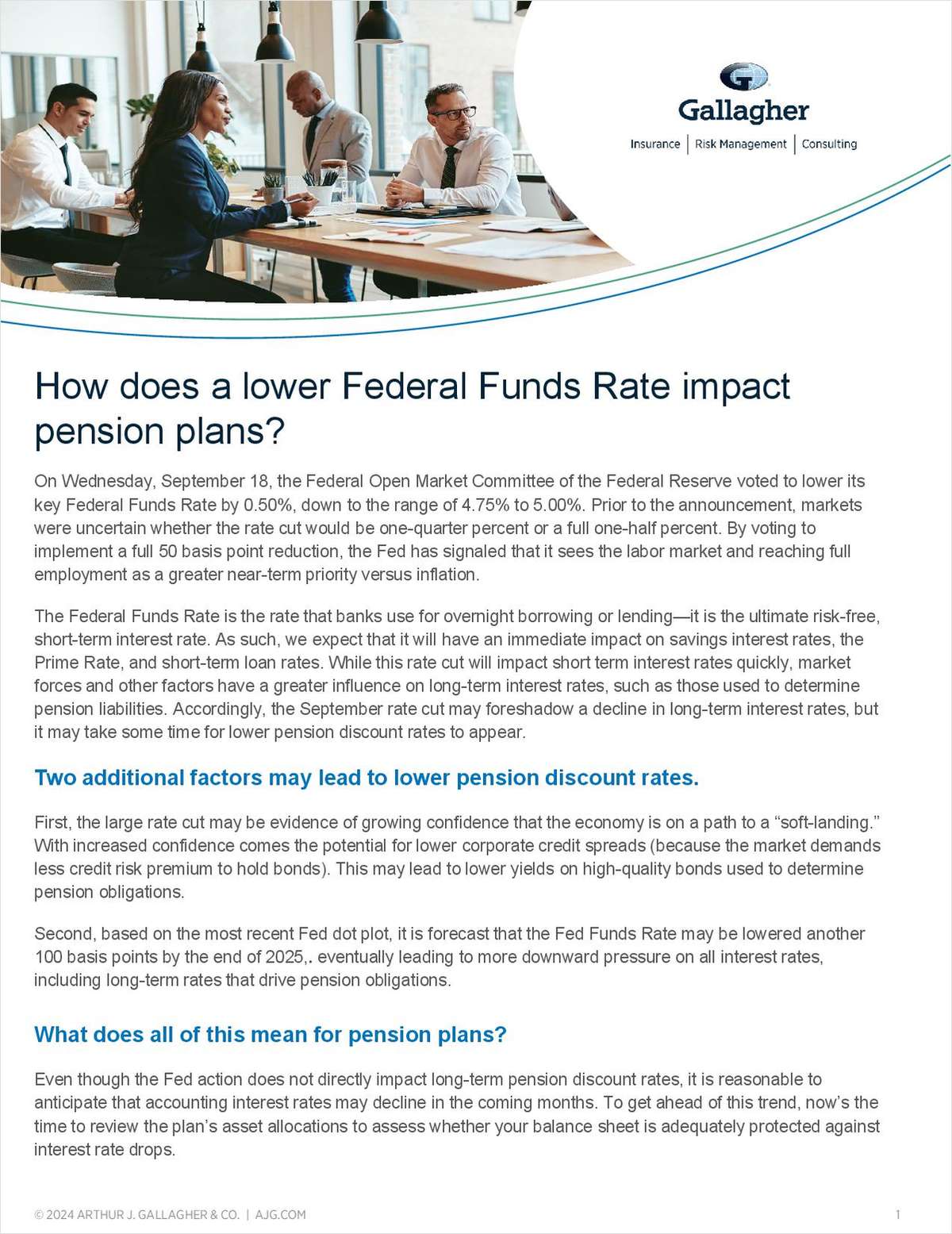ARLINGTON, Va. – Credit unions in the Midwest are interpreting a broad range of legislative and regulatory issues as they look ahead to legislative sessions that will get underway in the weeks and months ahead. In particular, state chartered credit unions are examining how they can keep pace with the incidental powers recently codified by NCUA for federally chartered CUs. In addition, credit unions are grappling with such issues as predatory lending, payday lending and, in Iowa at least, ATM surcharges. The incidental powers regulation approved by the NCUA Board in July, allows federally chartered credit unions to take part directly in a variety of activities that, until now, could only be handled through subsidiary service organizations. State associations, naturally, don't want to be left behind competitively. "(These regulations) on the federal level will act as a little wake-up call to the states, to see how they measure up," said David Morrison, communications manager for NASCUS. "I can imagine the states will hold this up as a mirror to how they measure up." Some state-chartered CUs, in states such as Illinois, Michigan and Nebraska, for examples, will be able to exercise the same powers as FCUs through their state CU acts' "wildcard" provision. "We have a conformity section in our act (the Illinois Credit Union Act) that states that an Illinois chartered CU shall have all of the rights, privileges and benefits that may be exercised by a federal credit union," said Con O'Mahoney, senior technical specialist with the Illinois Credit Union System. "If our act is silent, than Illinois credit unions can take advantage of the incidental powers." Patrick LaPine, director of governmental affairs for the Michigan Credit Union League, said Michigan's credit union act gives regulators their discretion to extend the incidental powers of state-chartered CUs. Julie Smith, spokeswoman for Roger Little, director of the Michigan CU division, agreed with LaPine's assessment. "Incidental powers are sufficiently expansive that (state chartered credit unions) already have those powers," she said. "Our thinking in Michigan is that it is not going to have an effect on the state-chartered CUs." Minnesota regulators, too, can extend comparable incidental powers to state-chartered CUs, but the state association may move more aggressively. Cindy Jepsen, vice president for legislative affairs for the Minnesota Credit Union Network, said that while her organization is still reviewing the NCUA's actions, "We may try to restructure the law to scoop up some of those powers." Indiana CUs got some help from the Indiana General Assembly in the session that ended last spring. The Indiana Credit Union Act has long had its own incidental powers clause, said Kay Neidlinger, spokeswoman for the Indiana Credit Union League, but this year the general assembly added a new clause which extended the reach of those powers. According to an email from Neidlinger, the new subsection reads: "A credit union may exercise any rights and privileges that are . granted to federal credit unions." Missouri CUs believe the incidental powers clause of their state's act will allow them to meet the needs of their members, said Amy McLard, vice president of public and legislative affairs for the Missouri Credit Union System. "At this point we are not considering any legislative or regulatory changes," she said. Brett Thompson, president of the Wisconsin CU League, sees the federal changes as minor tweaks that won't have much impact in Wisconsin, which has what he called a "catch-all" provision that should allow state-chartered CUs to exercise comparable powers as a natural outflow of what they do. Wisconsin almost got some additional help from the legislature. The General Assembly passed the Credit Union Consumer Choice and Universal Banking Bill, dubbed "Financial Modernization 2001," but the bill never came to a vote in the state Senate before the session ended. The bill, which also gave additional powers to state banks and had the banks' support, would have enhanced field of membership requirements and codified certain existing practices. Georgia Maxwell, director of governmental affairs for the Wisconsin league is optimistic the bill can be revived when the legislature comes back into session in October and that the governor would sign it. "We remain very optimistic, it's good public policy," said Maxwell. "We hope it will pass by the end of the year." Credit unions in Iowa are also gearing up for the next legislative session, scheduled for January 2002. Julie Starnes, vice president of governmental affairs for the Iowa Credit Union League, rattled off several highly charged issues she expects to tackle in the session ahead. She expects payday lending, ATM surcharging and predatory lending to grab the most attention. Payday lending has also been a hot topic in Wisconsin. The state department of financial institutions and a group of legislators introduced legislation to regulate the payday lenders. "In Wisconsin these payday (lenders) have grown by leaps and bounds because they say they are filling a niche and that credit unions and banks have gotten out of the business of short term quick loans," said State Sen. Judy Robson, lead sponsor of the bill, which died in committee. Robson had hoped that credit unions would get into the business, and, in August, that began to happen. Lake Country Credit Union in Sussex will clear checks for up to $500 for members three days before payday without charge. -
Complete your profile to continue reading and get FREE access to BenefitsPRO, part of your ALM digital membership.
Your access to unlimited BenefitsPRO content isn’t changing.
Once you are an ALM digital member, you’ll receive:
- Breaking benefits news and analysis, on-site and via our newsletters and custom alerts
- Educational webcasts, white papers, and ebooks from industry thought leaders
- Critical converage of the property casualty insurance and financial advisory markets on our other ALM sites, PropertyCasualty360 and ThinkAdvisor
Already have an account? Sign In Now
© 2024 ALM Global, LLC, All Rights Reserved. Request academic re-use from www.copyright.com. All other uses, submit a request to [email protected]. For more information visit Asset & Logo Licensing.








